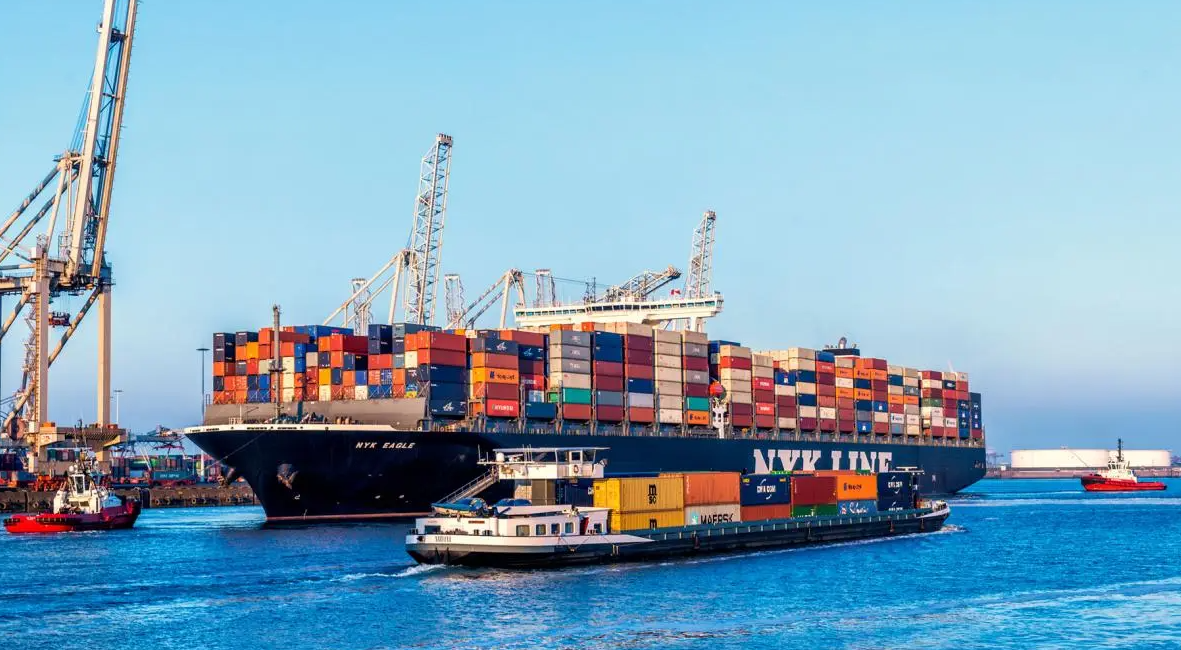
ECONOMICS is fascinating — and infuriating. On one hand, it can explain a lot about the way we live, and how human society deals with livelihood issues. On the other hand, economic concepts are counter-intuitive. Viewing things through the lens of basic economics reveals that what seems simple on the surface is often far more complex.
For example, like most voters, most politicians believe that raising the minimum wage rate will lead to higher wages; that higher tax rates will result in higher tax revenue; that government can impose price controls without ruining the economy; and that the trade deficit is a major concern.
For economists, however, especially those of the free market variety, what many of us call a “common sense policy” often leads to unforeseen or unintended consequences that are patently worse than the “problem” it was supposed to “solve.”
Raising wage rates when the economy is down will not mean additional pay for workers, but work-hour cuts, loss of benefit or even joblessness. Imposing tax hikes on struggling businesses in a struggling economy will, more often than not, result in less, not more, tax revenue. Price controls, which have been tried by various governments since ancient times, usually result in shortages and inefficiencies.
And trade deficits actually don’t matter.
This topic is very much in the news nowadays because of President Trump’s tariff policy. He is for imposing tariffs — which are taxes — on many imported products because he, like many other politicians, believe that trade deficits matter. But as economists like Donald J. Boudreaux would point out, the trade deficit is a fallacy, perhaps the oldest in economics. It is based on the spurious (but “common-sensical”) notion that importing more than what is exported “impoverishes” a nation.
Consider this. You get a haircut from your favorite and trusted barber or hair stylist once a month for which you pay him/her plus tips. S/he doesn’t buy anything from you. In short, you are incurring a monthly “trade deficit.” Do you feel impoverished? Of course not. You get what you want — a haircut — and your barber/hairstylist receives their fee plus tips. The same applies to your favorite grocery store, restaurant, bar, etc. You have a “trade deficit” with them, and you don’t even notice because you’re getting what you want (and need) by trading with them. Incidentally, in economics, a trade doesn’t occur unless both parties get what they want from each other. It is not a zero-sum contest, as economist Thomas Sowell has pointed out. “Both sides must gain or it would make no sense to continue trading.”
“In a modern economy,” to quote another economist, Arnold Kling, “no one is self-sufficient. Instead, people are specialized. The work you do probably does not produce something you could consume. Even more striking is the fact that almost everything you consume is something you could not possibly produce. Your daily life depends on the cooperation of hundreds of millions of other people.”
Today, on this tiny, remote island in the middle of the Pacific, many of us enjoy modern conveniences, including food items, from many faraway countries (thus incurring a “trade deficit”) without realizing that they are made possible by a global economy based on specialization and trade.
In “The Wealth of the Nations,” written in the 18th century, Adam Smith noted:
“It is the maxim of every prudent master of a family, never to attempt to make at home what it will cost him more to make than to buy. The tailor does not attempt to make his own shoes, but buys them from the shoemaker. The shoemaker does not attempt to make his own clothes, but employs a tailor. The farmer attempts to make neither the one nor the other, but employs those different artificers.” Everyone, in short, chooses to focus their efforts on what they do best and uses part of their earnings to buy what they need. “What is prudence in the conduct of every private family,” Smith said, “can scarce be folly in that of a great kingdom.”
And yet folly is precisely what those opposed to a “trade deficit” are advocating.
Thanks to trade with other jurisdictions and countries, more merchandise, commodities, and services are available to us at prices we can afford. I can go to my favorite store on the island and buy blueberries from the U.S. West Coast for less than five dollars, without having to fly to California to get them. (Imagine the total cost if that were my only option.)
In “Economics in One Lesson,” Henry Hazlitt provided the following example of how free trade benefits us:
Because Americans can buy, say, imported sweaters, what cost $15 a piece in the States can be obtained from, say, Britain for $10. Britain, in turn, will have more U.S. dollars to buy U.S. goods or services. “Because we have permitted [them] to sell more to us, they are now able to buy more from us,” Hazlitt said. “Consumers in both countries are better off. They are able to buy what they want where they can get it cheapest.”
In the 1980s, U.S. politicians and businessmen like Donald Trump complained about America’s “huge trade deficit” with Japan. But where did all the U.S. dollars Japan earned end up? Back to the U.S. to purchase U.S. goods and services, or to invest in U.S. jurisdictions — including the CNMI.
The beauty of free trade, in any case, is that it doesn’t impose itself on anyone. You want to “buy local”? You want to eat food that you grow or catch? You want to make your own clothes or even cut your own hair? Knock yourself out. In contrast, the opposite of free trade is only possible through heavy-handed government mandates — i.e., coercion — and threats of punishment. This is a well-known breeding ground for corruption, poverty, and misery. It is also anti-human.
Send feedback to editor@mvariety.com











